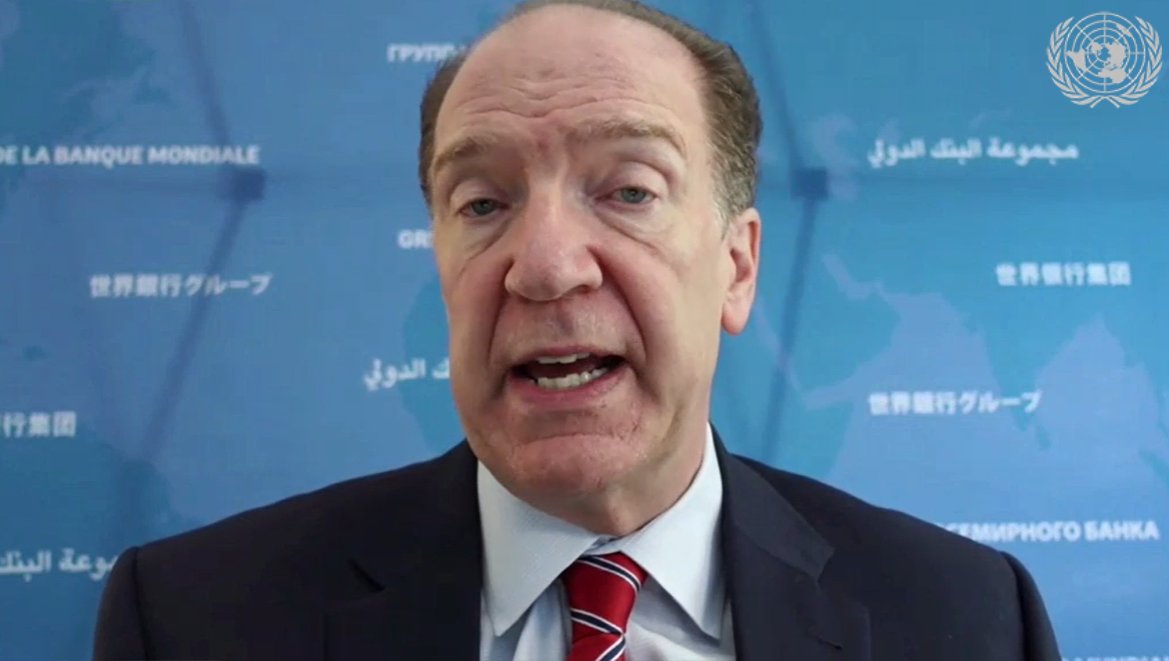During a food craving, smells associated with salty and sweet foods seem to be the strongest scent triggers. Food cravings may be linked to imbalances within our bodies, such as a dip in blood sugar levels, changes in hormones, stress, poor hydration, or even the external environment.
If you generally eat a healthy diet, a minor indulgence now and then won’t hurt. Distraction can be a helpful technique to wait until the craving passes. But beware, restricting foods can lead to binge eating. So it may be better to enjoy a small amount of the food you’re craving.
What Causes Food Cravings?
What we crave can be triggered by a range of factors, even hormones, and stress. Many research works show women start craving carbs or sugars just before they get their period. This can be due to changes in their hormone levels: progesterone and oestradiol.
There are a number of different factors that contribute to the sudden onset of a craving. Cravings, like most food choices, are individuals. Some of us have a fondness for sweet foods, while others favor salty foods. But it can depend on more than our taste buds.
People with Addison’s disease, a disorder that impacts the production of hormones responsible for regulating blood pressure, may experience sudden cravings for salty foods. If you experience the symptoms of Addison’s disease such as severe fatigue, weight loss, light-headedness, and/or salt cravings, it is important that you talk with your doctor.
Taking a moment to consider food cravings in the first place, how you’re feeling can often be the key to overcoming those cravings.
-
Are you dehydrated?
Our salt levels are influenced by our water intake. The first step to stop cravings for salty junk food is to ensure you are hydrated.
-
Are you stressed?
When we’re feeling down, we don’t tend to reach for the apple in the fruit bowl. We are more likely to find the chocolate bar hiding at the bottom of our desk drawer. This is because sugary, high carb, or high-fat foods can lift our mood.
Foods high in sugar and fat release opioids which trigger ‘feel-good’ neurotransmitters in our brains.
-
Are you undereating?
Follow a healthy, balanced meal plan to keep your body well-nourished. This will help you reduce your food cravings. Don’t simply cut out all the foods you love. Most cravings stop if you stick with your healthy eating plan. But if you’re really struggling, there are some useful tactics you can use to avoid cravings and resist the call of unhealthy snacks.
Follow these strategies to stop Food Cravings in their tracks
- Loss of sleep increases hunger during the day. It may also lead to cravings. Getting the right amount of sleep could stop cravings.
- Our minds often get confused about thirst and hunger. So, when a craving hits, try a glass of water and stay hydrated.
- A breakfast featuring fiber and protein can give you a kickstart while balancing the cycle of blood sugar.
- If you often feel hungry, try eating more frequent, smaller, balanced meals throughout the day.
- Schedule your meals, by eating at scheduled times. This will help you manage your craving and hunger desire.
- Healthy alternatives- You’ll need a healthy snack to fulfill your craving desire. Having some yogurt or fruit chaat helps you control your hunger pangs. Change your evening biscuit snack with some healthy soup or wholewheat peanut butter sandwiches.











